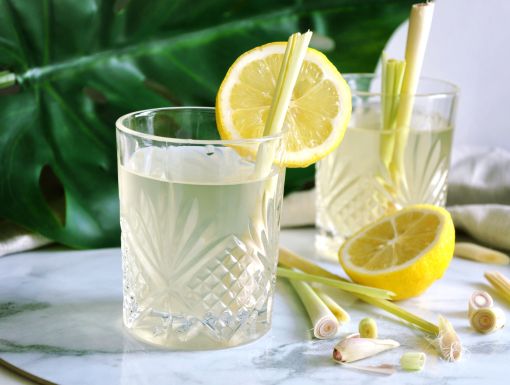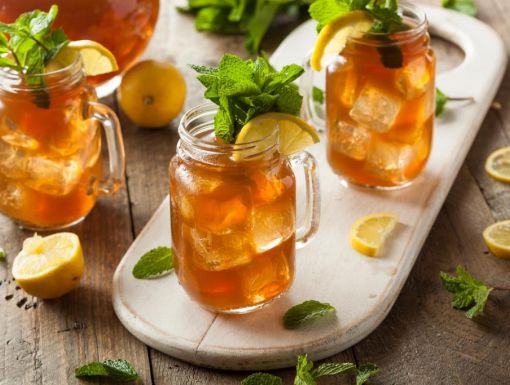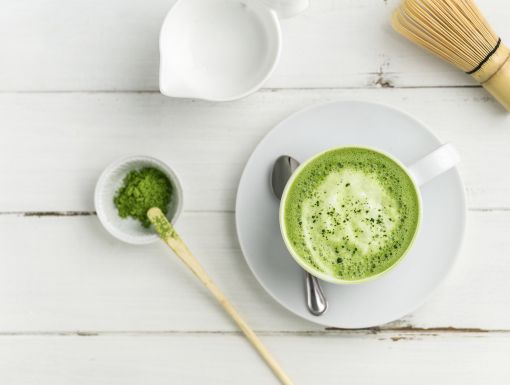
Cleanest Brands of Tea to Drink for Better Health in 2025
Tea has become increasingly popular, thanks to its countless medicinal benefits as well as its soul-soothing qualities.
However, not all teas are created equal. Many teas on supermarket shelves contain hidden, harmful ingredients such as pesticides, artificial flavorings and plastics that are not always indicated on their label.
If you are drinking tea regularly for better health, it’s important to know which teas are the purest tea brands and which ones to avoid.
Here are our picks for healthiest tea brands as well as a few guidelines to keep in mind when choosing tea.
What are clean teas?
Single-origin, specialty tea, on the other hand, consists of high-quality leaves, often sold as whole leaf, loose leaf tea. And, unlike the filter bags that prevent the tea leaf from opening fully, loose leaf tea allows us to experience the full flavors and nuances in the way the tea growers intended.
So, do your body (and your taste buds) a favor: Toss those tea bags and always opt for loose leaf tea. Preparing it takes a tiny bit more effort, but it doesn’t have to be complicated. Loose leaf tea can easily be brewed in a stainless steel brewing basket, infuser ball, French press or a teapot with a built-in filter. You can even add ice for a refreshing and healthy beverage.
What are harmful, hidden ingredients in teas?
Surprisingly, a number of harmful components can make it into your tea without you knowing. Some of them include:
- Artificial flavorings: Typically derived from petroleum; some are linked to cancer
- Natural flavorings: Although these flavoring agents are technically natural, they can be heavily processed and can be an issue for people with food sensitivities or allergies. They’re also just plain gross.
- Pesticides and herbicides: These can disrupt hormones
- Indirect additives: Chemicals that are used in processing, packaging and farming. These are often found in the tea bag or sachet and can leach out of plastics and even paper.
What are the best tea brands to drink?
Loose leaf teas such as those by Gachi Tea, Pukka, Verdant Tea or In Pursuit of Tea. These healthy tea brands source their teas responsibly, have primarily organic offerings and are transparent on their ingredients which we find clean.
What are OK tea brands?
Bagged Teas such as those by The Republic of Tea, Rishi, Yogi and Celestial Seasonings
- Many teas by these brands use sustainable and possibly safe packaging such as bags without strings, tags or staples
- Take note of the labels and opt for teas with no artificial or “natural” flavors, colors or preservatives
- Pay attention if you have allergies or food sensitivities when purchasing tea from these brands
What are the worst tea brands?
Sugar-sweetened teas: Can contain up to a day’s worth of added sugar per 12-ounce serving
Detox, “flat tummy” and weight-loss teas: These typically contain harmful laxatives
Low-quality tea leaves: Teas by Lipton, PG Tips, Twinings and Tetley are often mass-produced and can contain dangerous pesticides and herbicides.
Crystal Light “Sweet” Tea: 0 grams of sugar per serving
- Three different types of artificial sweeteners: sucralose, aspartame, acesulfame potassium
- Three types of artificial food dye: red 40, blue 1, yellow 5
- Corn syrup solids is the ingredient immediately following “instant tea”
Pro tip: Toss the commercial tea bags
Most tea sold commercially is mass-produced and sold in individual tea bags, which often disguise what the contents of the bag actually look like. Usually tea bags contain what’s referred to as the “dust” or “fannings” of tea, comprised of finely broken or crushed pieces of low-quality tea leaves.
Plus, the bags are typically nylon or plastic – and the plastic can seep into our tea. A 2019 peer-reviewed study published in “Environmental Science & Technology” found that plastic tea bags – when steeped in nearly boiling water – shed more than 10 billion microplastic and nanoplastic particles into the water. Yikes!
Want more food and fitness content delivered directly to your inbox? Sign up for our weekly newsletter here.
Editor’s note: Registered Dietitian Molly Kimball offers brand-name products as a consumer guide; she does not solicit product samples nor is she paid to recommend items.



